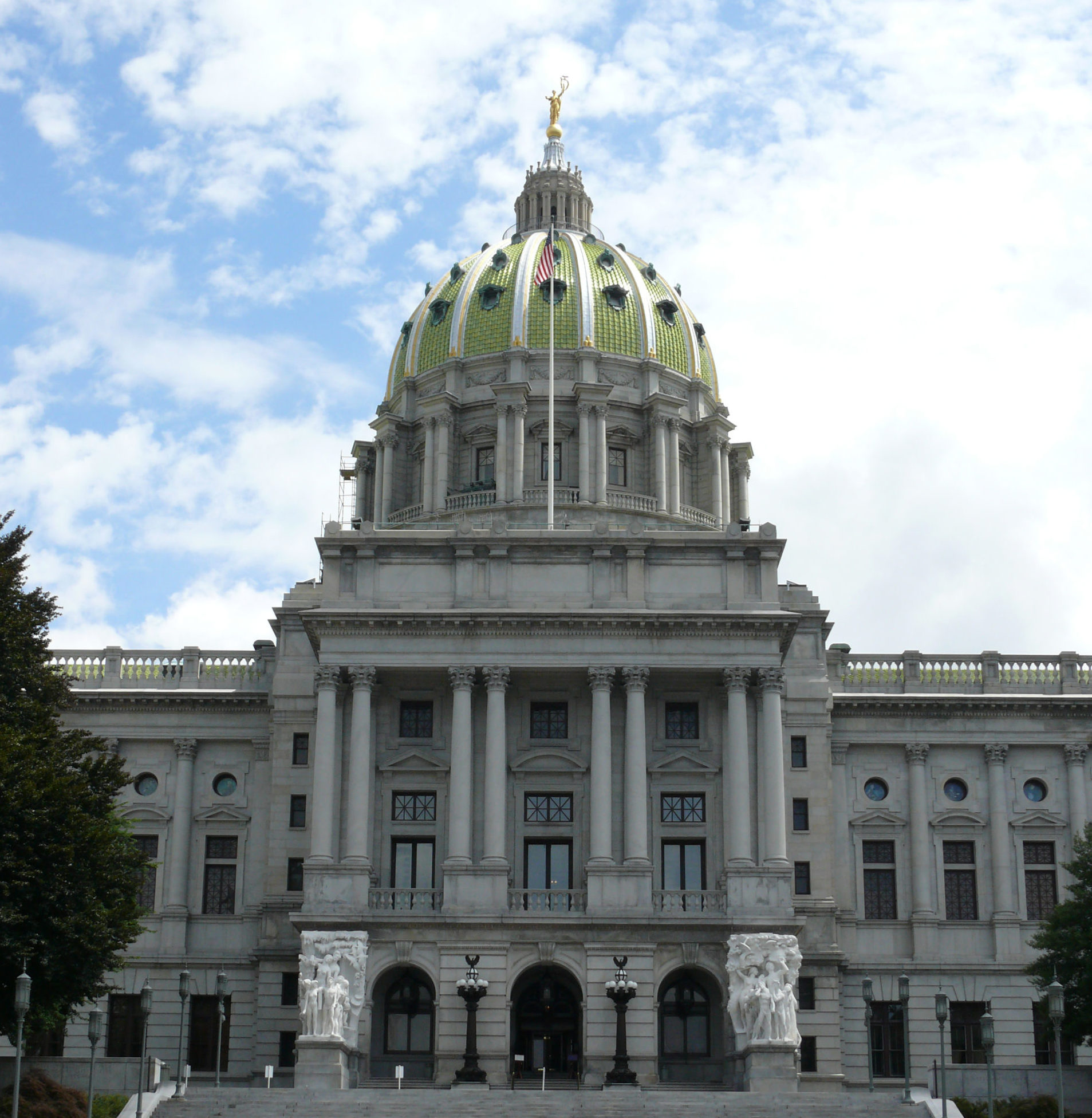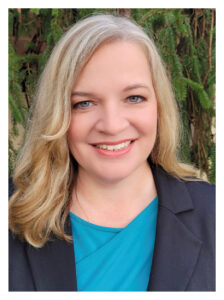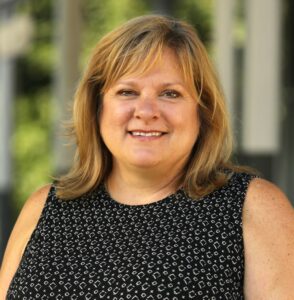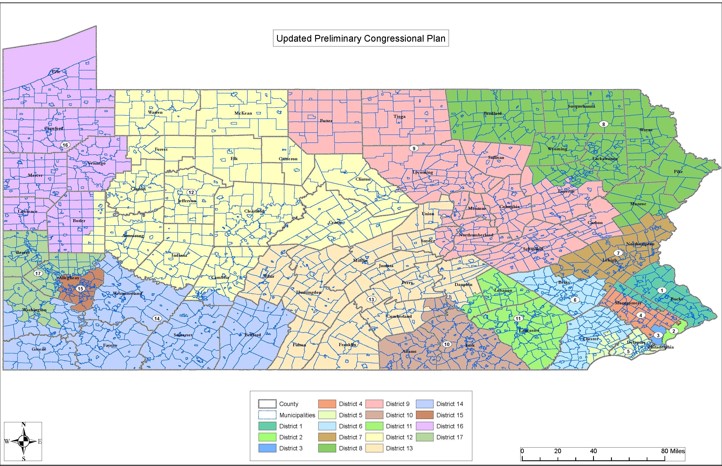Days Before Special Election, Race for New Delco State Rep Heats Up

By the time the special election determining which party controls the state House is held on May 16, Democrats will have spent upwards of $1 million to support Heather Boyd.
The Republicans will have spent a fraction of that, around $150,000, to try to elect Katie Ford. The two women, and Libertarian Alfe Goodwin, are vying to replace former state Rep. Mike Zabel, who resigned after three women came forward with sexual harassment allegations.
“I’ve been in politics since I was 13,” said former Upper Darby Mayor Tom Micozzie, whose father had held that seat for 38 years. “People don’t usually spend money if they think they’re winning.”
Disgraced former state Rep. Margot Davidson was spotted knocking on doors for Boyd, two sources told DVJournal.
The Democrats control the House 101 to 100, so a lot is on the line. And even with a 22,000 to 14,000 voter advantage they are pulling out all the stops. (Another 8,000 are unaffiliated.)
“The Democrats’ investment in this race isn’t that surprising given its crucial role and some concern about the less predictable nature of special elections,” said Christopher Borick, a political science professor and director of the Muhlenberg College Institute of Public Opinion. “It would be a monumental blow to the party to lose this race and their majority in the House.”
Ford, a former Army medic who is now a special education instructor, and Boyd, a party insider who is chair of the Upper Dublin Democratic Committee and worked for Congresswoman Mary Gay Scanlon before launching her run in March, debated once. The debate did not garner much news coverage, although the DVJournal reported on it, so it is unclear how many voters watched.
Although Ford insisted during the debate that she is pro-choice and will not vote to change Pennsylvania’s law or for a constitutional amendment regarding abortion, she is being hit with commercials that say that she will do just that, including one from Gov. Josh Shapiro, a Democrat.
Asked about this, his spokesman said that Shapiro answered this question at an event Monday, saying he believes Ford changed her position recently and will always protect a woman’s right to choose.
Borick said, “We see continued evidence that the issue of reproductive rights is a significant boost for Democratic candidates, and they certainly think highlighting the topic in a southeast Pennsylvania race can drive turnout.”
State Republican Party Chairman Lawrence Tabas defended Ford.
“Democrat politician Heather Boyd and Harrisburg Democrats are trying to trick voters into believing 163rd Special Election is about women’s rights, but it’s a smokescreen,” said Tabas.
“Heather Boyd declined to defend women’s rights when she helped cover up sexual harassment and voted to defund the police. Katie Ford will protect women’s rights by keeping our streets safe and rejecting ‘good old boy’ politics.”
Jake Zane, executive director of the Delaware County Republicans, said, “Outside dark money has been pouring in on their side. Katie has done a very good job, an outstanding job, raising money from grassroots individuals. And I really hope the voters of the 163rd District will see past all the special interest groups that have spent $1 million lying about Katie, misrepresenting her, who she is as a person and her record. Katie is a working mom, a family woman, and the wife of a police officer. She’s focused on going to Harrisburg and working on the issues that actually matter to people: safe streets, crime, mental health, making sure our schools are funded in a fair and equitable way while, at the same time, senior citizens aren’t taxed out of their homes by exorbitant property taxes.”
Colleen Guiney, chair of the Delaware County Democrats, said, “Anyone making accusations of ‘dark money’ use don’t understand what ‘dark money’ is — money raised by organizations such as the Commonwealth Foundation, where their donors are hidden. The money raised by Heather is all 100 percent in the light, being totally reported.”
She accused the Ford campaign of mistreating the first victim to come forward and accuse Zabel, who told Boyd in 2021 what had occurred. That victim is now supporting Boyd, Guiney noted.
Micozzie said people in Upper Darby are very unhappy with Mayor Barbarann Keffer, who succeeded him in the office and is not running again after a DUI arrest. And that unhappiness must be tarnishing Boyd, who, as the chair of the local Democratic party, has responsibility for those she helped elect, he said.
Micozzie is the former leader of the Upper Darby Republicans, so if poor management of the township had happened under his watch, he would have been held accountable, he said.
“Now you want to be a state rep,” Micozzie said of Boyd. “I mean, you have to take ownership over something in life, right? I think the Democrats are underestimating the impact people are feeling in the greatest part of the (167th) district.”






